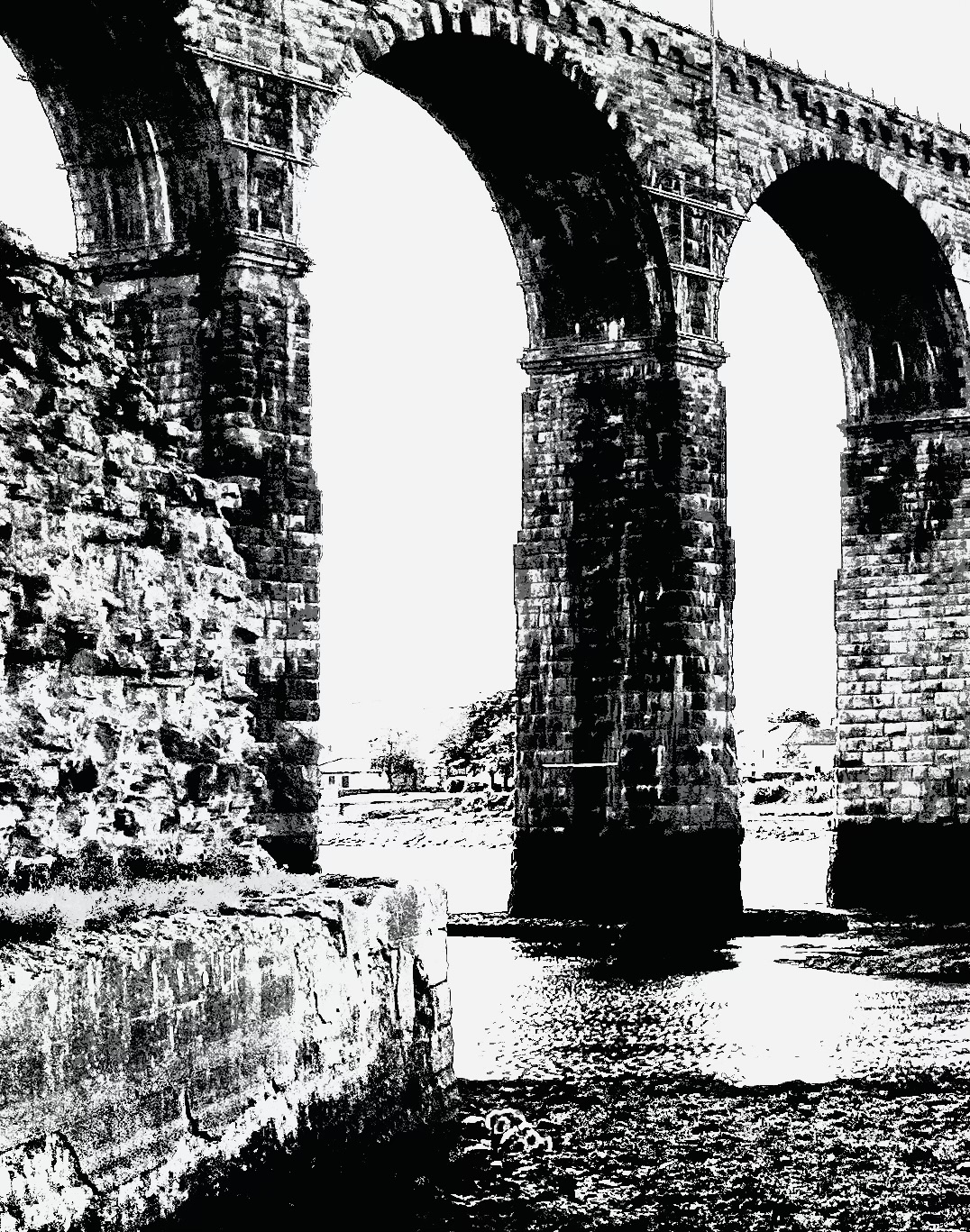DeathWrites Blog
Ioulia Kolovou: Rites of Words and Water | 29 June 2023
Writer Ioulia Kolovou takes us on a journey of grief’s etymologies and mythologies, both personal and classical.
The 5th of September may fall on a different season each year. Sometimes it is still summer, all big blue skies and white clouds; cyclists and dog walkers on the path by the north bank of the River Tweed; air ringing with laughter and children’s shrieks from the play parks; swans barging down the river, majestic, unhurried. But sometimes it is already autumn, rain lashing down on the grassy tops of the Elizabethan walls, grey stone buildings dissolving into mist, river and sea and sky one big, dark, wet blur. The tourists, dejected, take shelter, seek comfort in the conviviality of cafés and restaurants and pubs. There is hardly anyone about.
Summer or autumn, on the 5th of September every year since 2019, I walk down to the river, flowers in one hand, a paper boat in the other. At the jutting piece of land where the ruins of the medieval castle run into the river, I leave the path and make my slipping, stumbling way on the bed of algae-coated shingles. At the edge of the water, I leave the flowers on the bank, I lower the paper boat into the river and give it a light push. I watch it sail out until the water claims it and it is gone from sight. The paper boat is covered in words; it is a letter to a dead man. He was my husband; now he is married to the water.
Summer or autumn, on the 5th of September every year since 2019, I walk down to the river, flowers in one hand, a paper boat in the other. At the jutting piece of land where the ruins of the medieval castle run into the river, I leave the path and make my slipping, stumbling way on the bed of algae-coated shingles. At the edge of the water, I leave the flowers on the bank, I lower the paper boat into the river and give it a light push. I watch it sail out until the water claims it and it is gone from sight. The paper boat is covered in words; it is a letter to a dead man. He was my husband; now he is married to the water.

Once upon a time, when he was a schoolboy, he would spend hours in the sixteenth-century churchyard, tracing solemn epigraphs from the lichen-covered tombstones on transparent sheets of paper. Later, when he was studying Classics, he must have come across an inscription on a tablet from the 4th century BCE, which guides a dead man in the Underworld:
On your way to Hades you will come across a spring of water at the feet of a white cypress tree, near Lake Lethe. Do not drink water from that spring! Walk further on until Lake Mnemosyne. There you will find another spring. Ask the guardian kindly to give you water to drink from that one, and the guardian will oblige.
Lethe: Oblivion. Mnemosyne: Remembrance. Do not forget me, the undertext says. Remember me. In Greek, my mother tongue, a mnema is a grave; mnemata, in the plural, is another word for cemetery. A place for remembering, a reminder that a life is not just a fleeting dream, just a short-lived blossom, born in the morning, already wilting in the evening.
Death often marks the beginning of personal or family mythologies, in the ancient tradition of apotheosis – a form of deification of the dead. Heroes took a place among the gods after their death, were granted the gift of life eternal. Mere mortals got a stele – a monument that sometimes had an image of them, sometimes a message to passers-by: I, [name of dead person], lie here: remember me, weep for me. In modern Greek cemeteries, oil lamps burn over each grave, flames flickering in the night, a signal that someone lies there, transient yet immortal. In baroque music, a composition to honour a dead person of importance was called a tombeau, a tomb. What do writers have to offer to the dead instead of a tomb, as a memorial? We create our own small pantheons of the dear departed, words are our inscriptions and laments and tiny flames of oil lamps. Words are our rites, our offerings, the honour due to Those Below.
My husband has no tomb, only the river where his ashes were dissolved. In the ancient myths of my culture, and now in my family mythology too, a river connects the worlds of the living and the dead. Water, as Greek folklore has it, travels all the way down to the Underworld, which is a shadow of the world of the living, and helps the dead go about their daily business. Here is a traditional Greek lament, where the dead person calls out to the living:
Come gather round, strangers and kinfolks, and all who grieve bitterly
Say a word for me and shed a tear
So all the tears together can make a lake and an ocean and a spring of cold water
The water will go down all the way to the Underworld
So the unwashed can wash, the thirsty can drink
The good housewives can cook and make bread
The handsome young men can comb and part their hair
And the little schoolchildren can make ink for writing.
So, every year on the anniversary of his death, the water will carry my words to the shadowy world where my husband now resides, having become a spirit of the water, a minor river god. If the words please him, he will smile and the sun will shine and the river will flow, genial and gentle; but if the words sadden him, the weather will turn dark and cold and rainy, and the river will grow sullen and saturnine, even dangerous. Just like the spirit that now inhabits it.
References
Margaret Alexiou, The Ritual Lament in Greek Tradition, Cambridge University Press: London & New York, 1974.
John of Damascus, Orthodox Funeral Service (8th century).
Loring Danford, The Death Rituals of Rural Greece, Princeton University Press: Princeton, New Jersey, 1982.
Joan Didion, Blue Nights, Fourth Estate: London, 2012.
Mary Lefkowitz and James Romm (eds)., The Greek Plays: Sixteen Plays by Aeschulys, Sophocles, and Euripides, Modern Library: New York, 2017.
Guy Saunier, Ellinika Dimotika Tragoudia: Ta Moirologia [Greek Folk Songs : the Laments – in Greek], Nepheli : Athens, 1999.
Ioulia (pronounced: Youleeah) Kolovou is a Greek-born Scottish author and translator, with studies in Classics, History and Linguistics, and an MSc and PhD in Creative Writing. She has published academic and creative work. Her debut novel, The Stone Maidens, is coming out in summer 2022.



